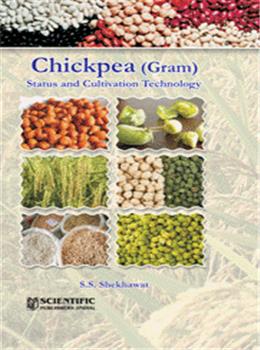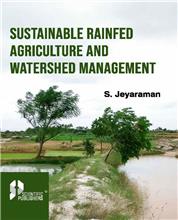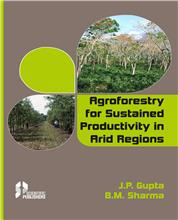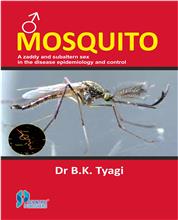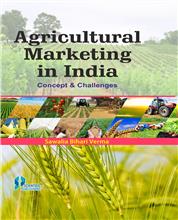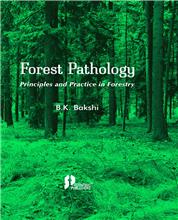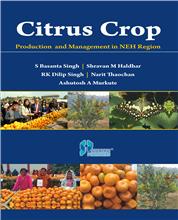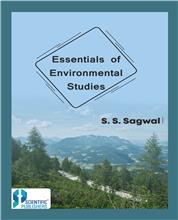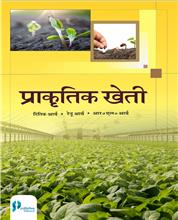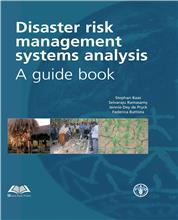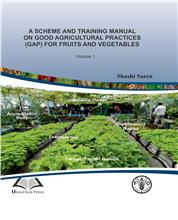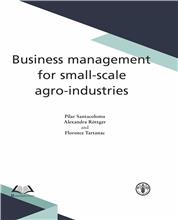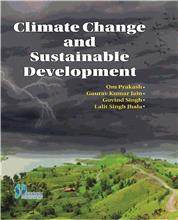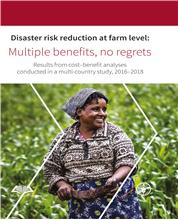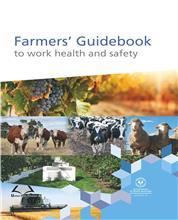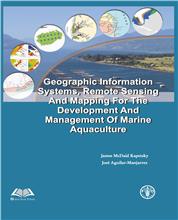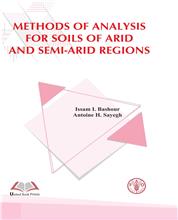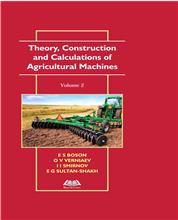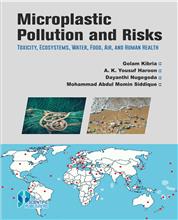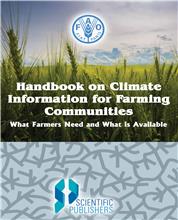Introduction
Common names
Undesirable nutritional constituent
Origin
Global scenario
References
2. Constraints and Strategies in Chickpea Cultivation — S.S. Shekhawat, O.P. Khedar and S.S. Punia
Constraints in chickpea cultivation
1. . Needs more energy
2. Unfavorable weather conditions
3. Neglected soils for cultivation
4. Varietal constraints
5. Seed constraints
6. Neglected in the use of manures, fertilizers and cultures
7. Agronomic constraints
8. Plant protection constraints
9. Post harvest losses
10. Extension service constraint
11. Socio economic condition of farmers
12. Fluctuation in market prices and poor post harvest technology
13. Risky and less remunerative than cereals in intensive cultivation
14. Green revolution
15. Domestic need
Strategies for increasing chickpea production
1. Cultivation on better soils
2. Development of improved varieties
3. Proper supply and use of improved variety seed for sowing
4. Use of proper fertilizers, manure and trace elements
5. Proper seed treatment
6. Use of Rhizobium culture, PSB and PGPR
7. Use of trace elements
8. Improvement in agronomical practices
9. Adoption of proper plant protection measures
10. Improvement in extension services
11. Improvement in socio-economic status of the farmers
12. Improvement in post harvest technology and value addition
13. Improvement in availability of farm machines
14. Policy Support
15. Additional area under pulses
References
3. Chickpea Breeding — S.S. Shekhawat
Botany of Plant
Breeding objectives
Importance of quality seed
Varieties in seed chain
Important released varieties
Donors identified at ARS Durgapura, Jaipur
References
4. Physiology of Drought Tolerance in Chickpea— S. C. Gupta
Introduction
Drought stress
Effects of drought
Physiology of drought tolerance
Potential and limitations of using physiological base for development of drought tolerance
References
5. Production Technology in Chickpea — M.M. Singh, S.S. Shekhawat and Surendra Singh
Climate
Soil
Field preparation
Crop rotations
Mixed/inter cropping
Seed treatment
Biological nitrogen fixation
Weed control
Irrigation and drainage
Harvesting and threshing
Yield
References
6. Integrated Nutrient Management in Chickpea— Baldev Ram, S.S. Shekhawat, O.P. Khedar and A.S. Jat
Concept of integrated nutrient management (INM)
Goals of integrated nutrient management
Principles of integrated nutrient management
Objectives of integrated nutrient management
Need for integrated nutrient management
Components of integrated nutrient management
Constraints in adoption of INM technology
Conclusion
References
7. Role of Bio-fertilizers in Chickpea— Jagdish Prasad, S.S Shekhawat, Kuldeep Sharma, O.P. Khedar and B.S. Shekhawat
Factors affecting nodulation & N2 fixation
Benefits of use of Rhizobium
Production of biofertilizers
Quality control
Storage of inoculants
Methods of Rhizobial inoculation
Precautions to use inoculant
References
8. Integrated Weed Management in Chickpea— Baldev Ram, S.S. Shekhawat, O.P Khedar, G.L. Yadav and V.D. Fageria
Concept of weed
Preventive weed management for weed free crop
Critical period of weed crop competition and weeding
Losses & extent
Weed management
References
9. Stress Management in Chickpea in Resilience with Climate Change — Surendra Singh, S.S. Shekhawat and O.P. Khedar
Chickpea cultivation under stress condition
A. Moisture stress management
B. Heat stress Management
C. Management of cold stress
Technologies for mitigating the adverse impact cold stress
References
10. Integrated Disease Management in Chickpea — O.P. Sharma, S.S. Shekhawat,O.P. Khedar, Kuldeep Sharma and, Pradeep Singh
Advantages of integrated disease management
Integrated disease management strategies
A. Monitoring
B. Exclusion of inoculums
C. Agronomic management/Cultural control
D. Eradication of pathogen
E. Seed treatment
F. Chemical control
H. Different diseases their symptoms and control measures
Fungal diseases affecting arial plant parts
Fungal diseases affecting root or stem base
Compatibility of fungicides and other agrochemicals
References
11. Integrated Insect-Pest Management in Chickpea— R.S. Mahla, S.S. Shekhawat, S.R. Dhaka and A.S. Baloda
Why Crop Protection
Insect-pests and their management
A. Survey surveillance of insect-pests
B. Physical management
C. Agronomic management
D. Biological management
E. Management through plant-host resistance
F. Seed treatment
G. Chemical management
References
12. Integrated Nematode Management in Chickpea — S.M. Yadav, S.S. Shekhawat and O.P. Khedar
Nematode-fungus Inter-action
Symptoms
Management of nematodes
A. Physical management
B. Agronomic management
C. Biological management
D. Management through plant-host resistance
E. Chemical management
F. Seed treatment
G. New approaches
References
13. Seed Production in Chickpea — S.S. Shekhawat, O.P. Khedar, S.S. Punia, Yogendra Singh, R.V. Singh and Hoshiyar Singh
Seed quality
Categories of seed
Maintenance of genetic purity
Principals of quality seed production
Seed certification
Seed production network in India
References
14. Safe Storage in Chickpea — S.S. Bareth, S.S. Shekhawat O.P. Khedar and R.S. Sain
Storage bags/containers
Hygiene of store
Stacking of seed bags
Factors affecting seed storage
Sources of insect infestation
Insect-pests and their management in stored seed
Rats
Methods of fumigation
Requirements of safe store
Inspection of storage
References
15. Biotechnology and Molecular Markers Application in Chickpea — S.S. Shekhawat and N.P. Singh
An Overview
Regeneration
Organogensis
Somatic organogenesis
Distant hybridization
In vitro selection
Genetic transformation
Molecular markers
Present obstacles
Research priorities
Upcoming thrust
References
Glossary
